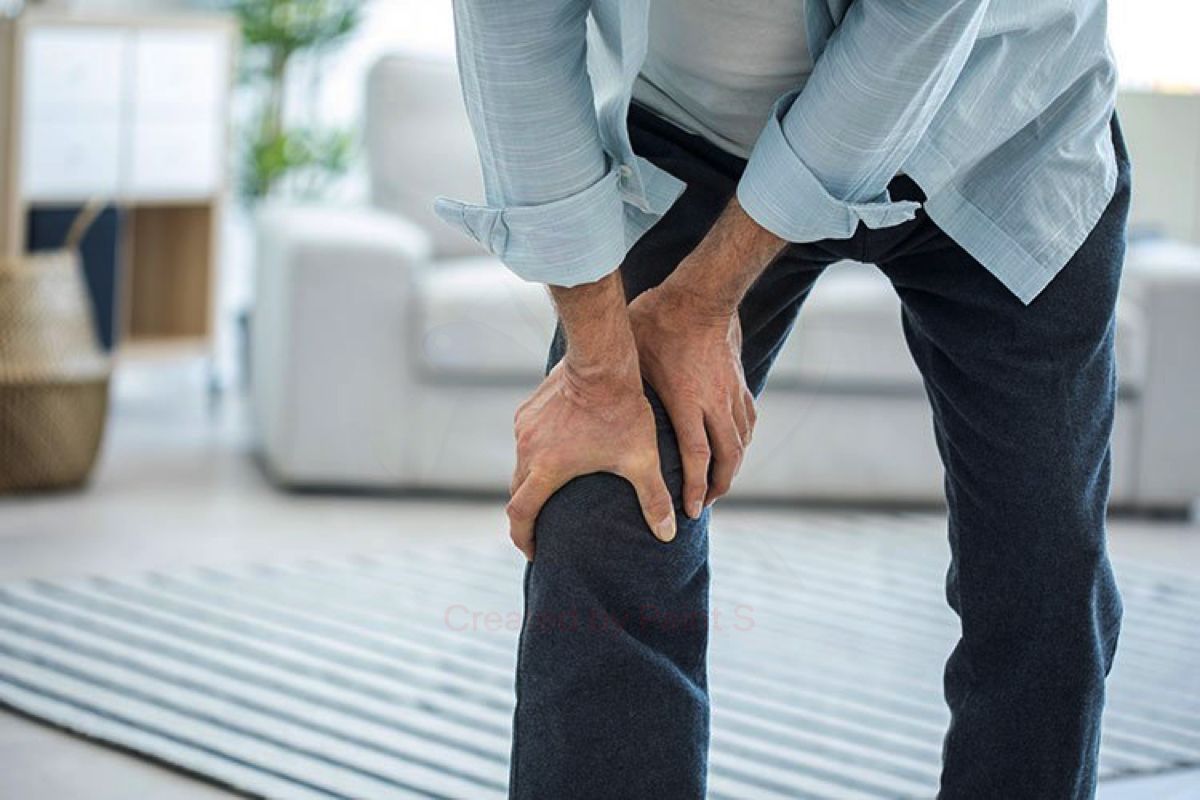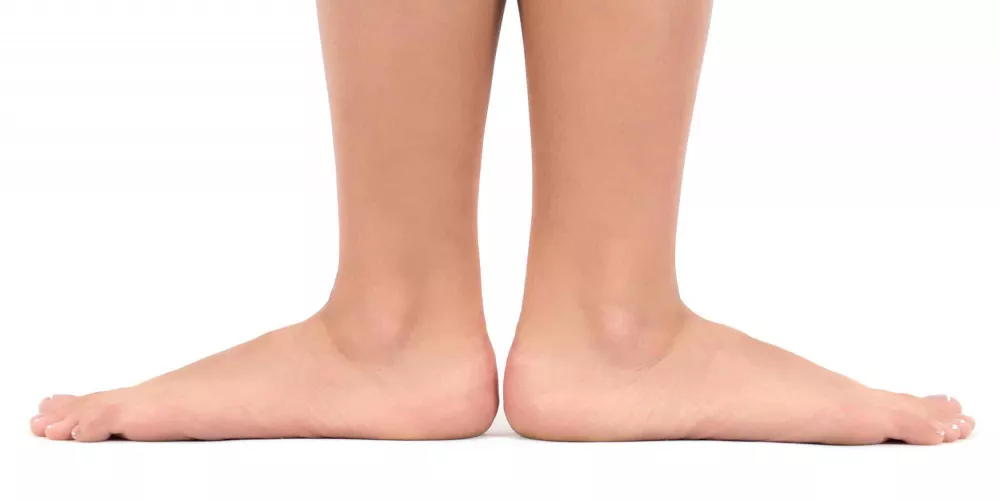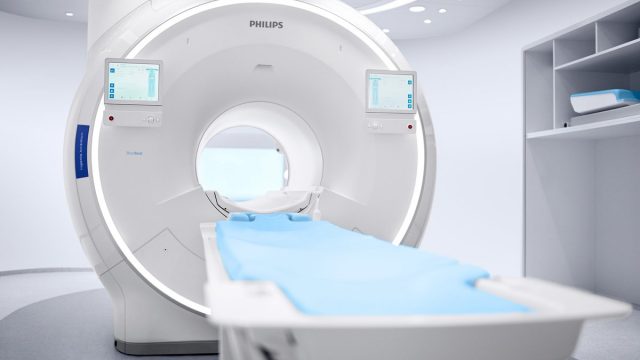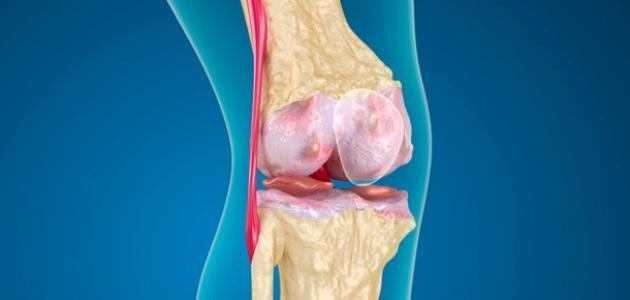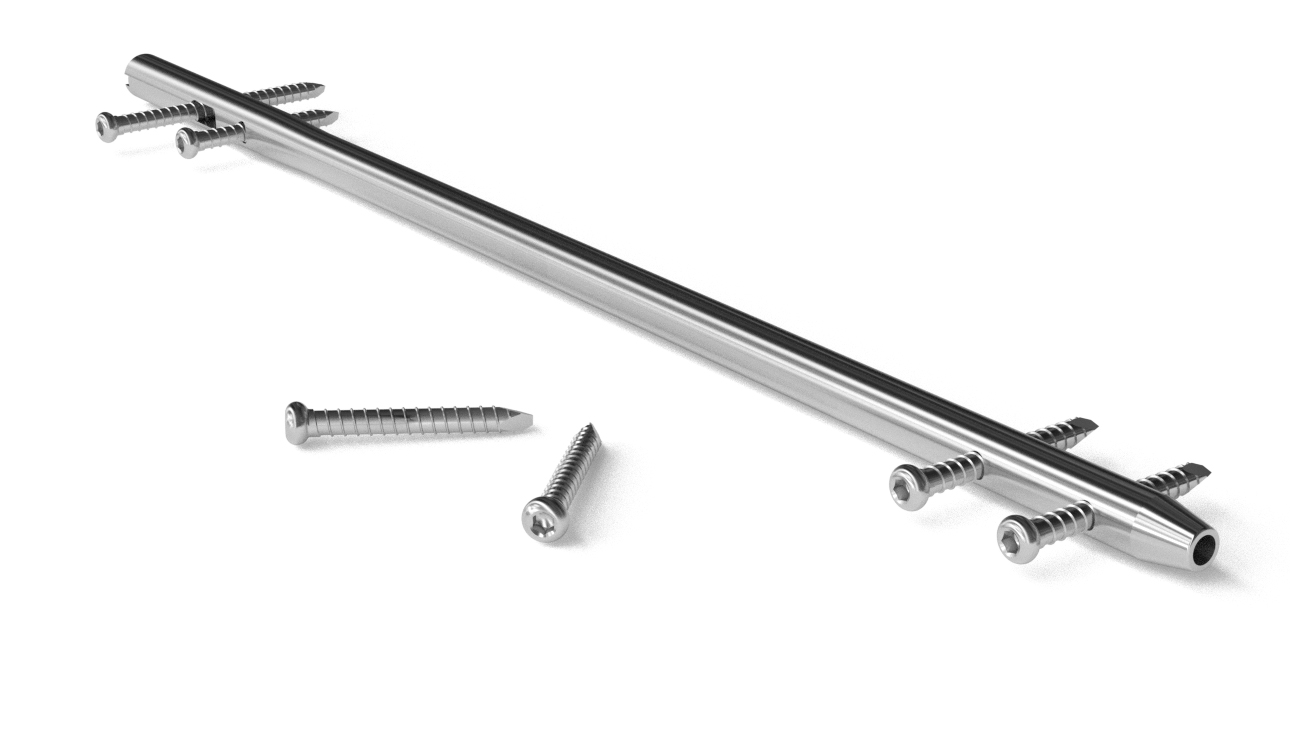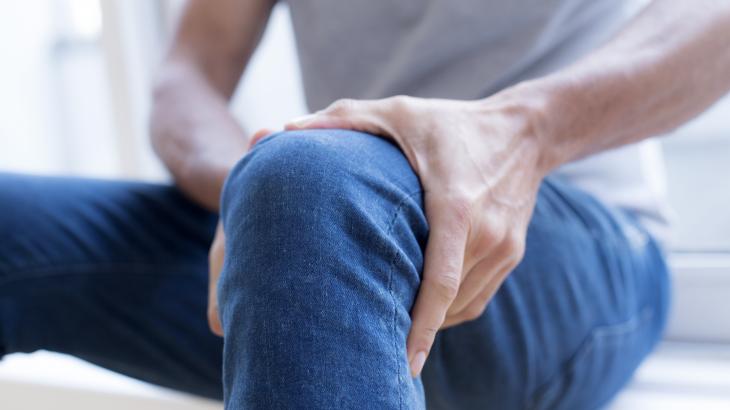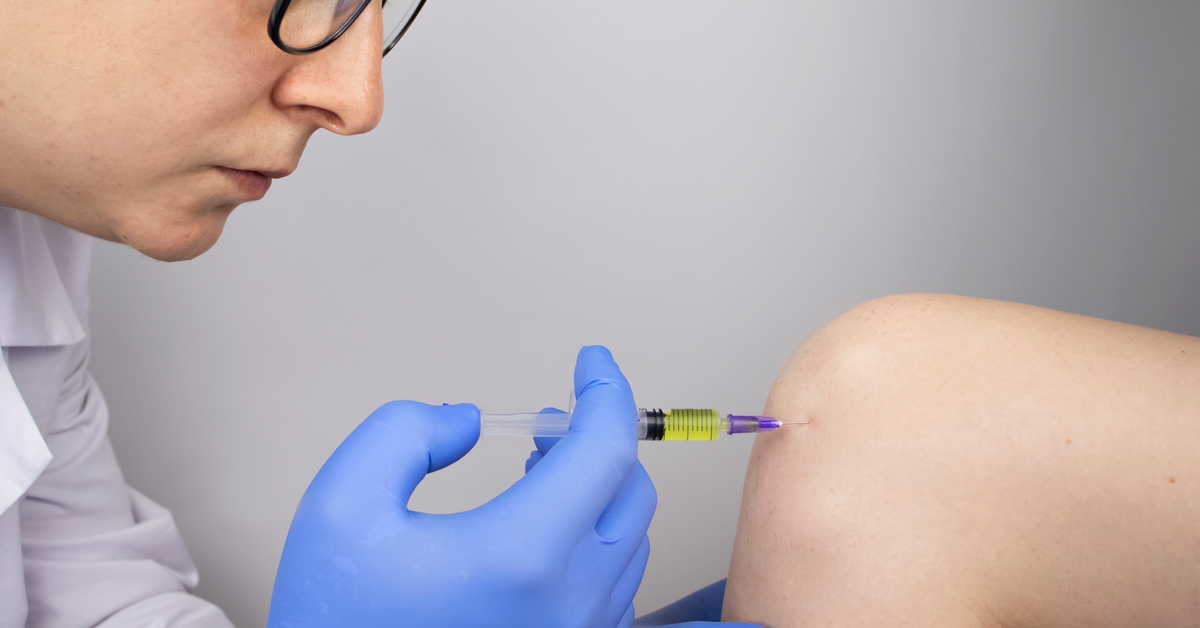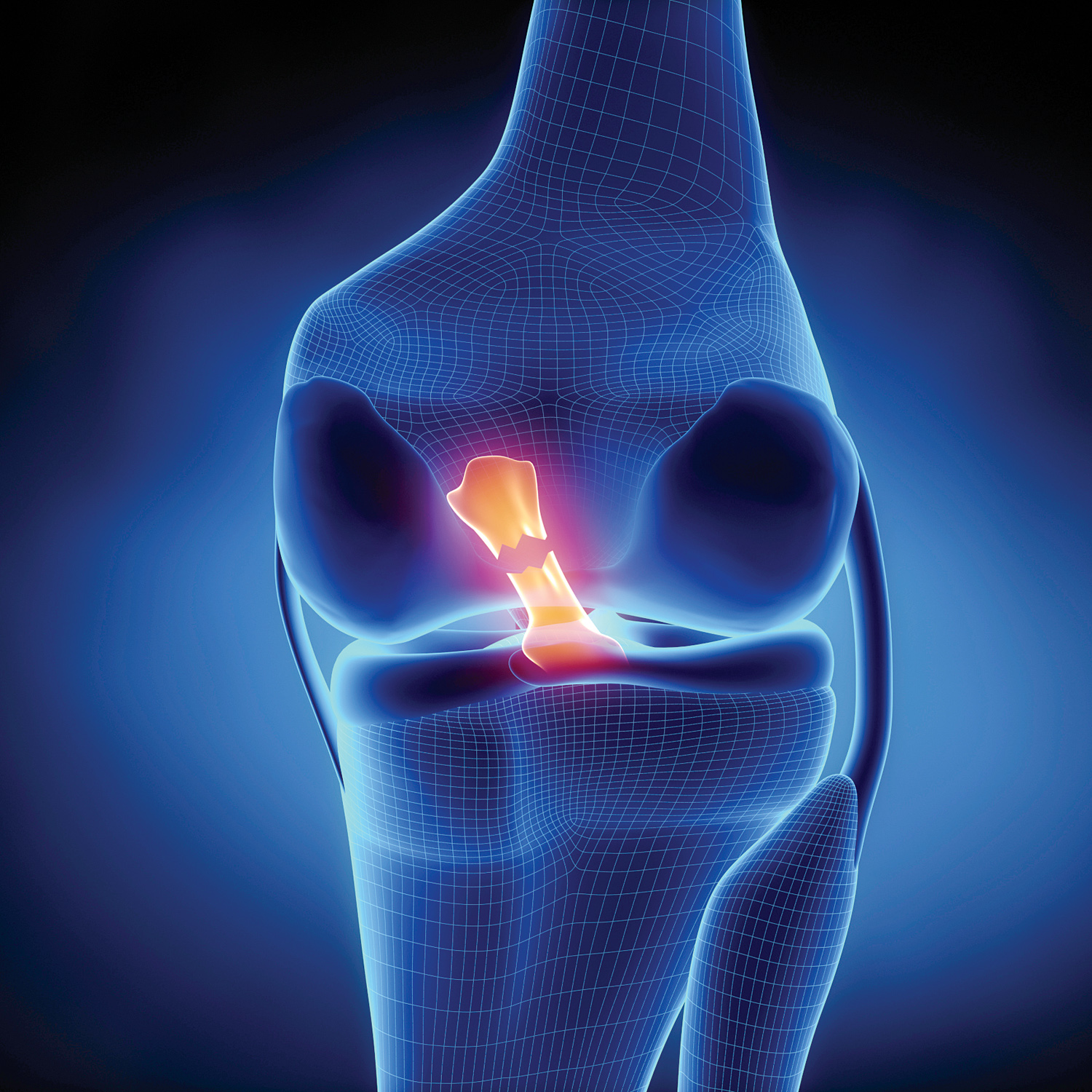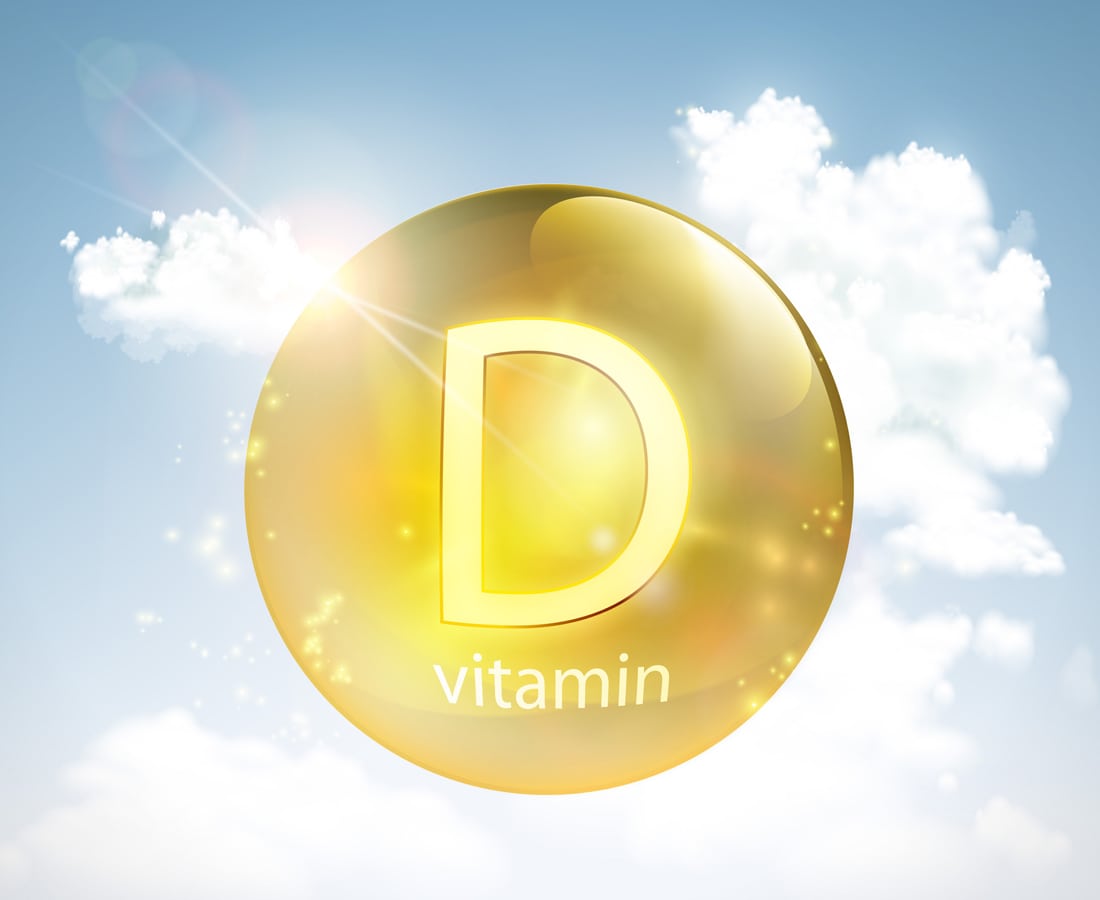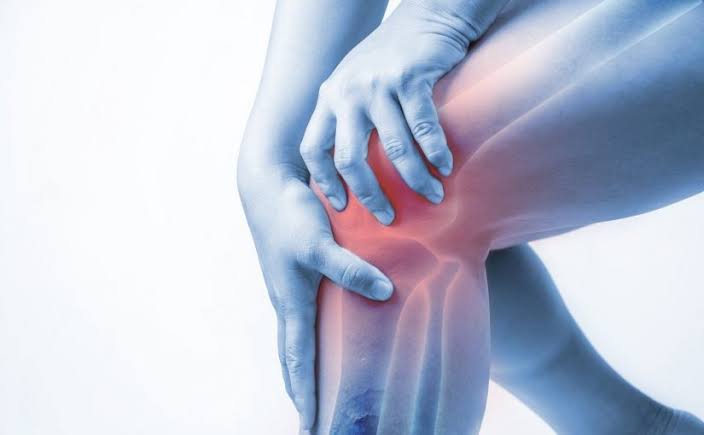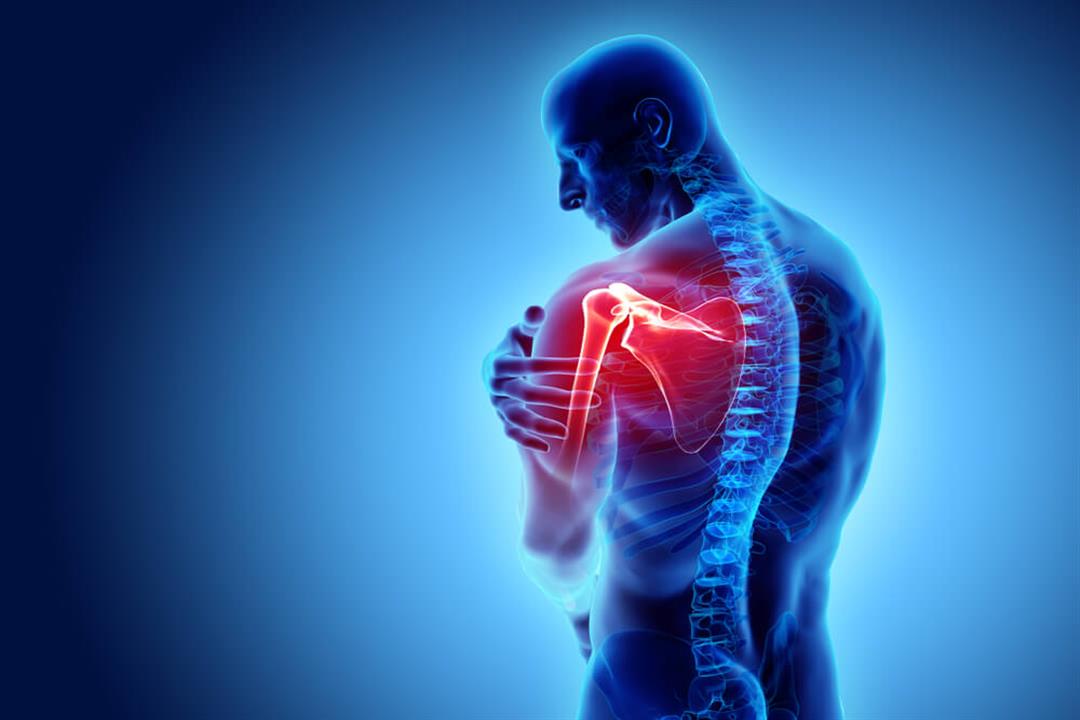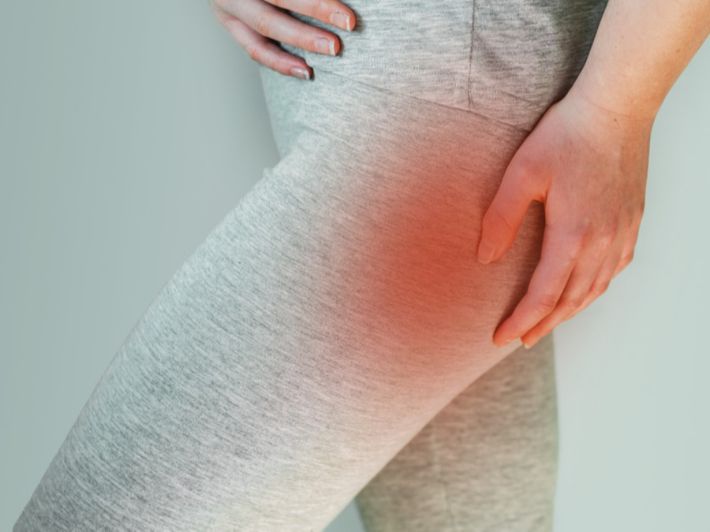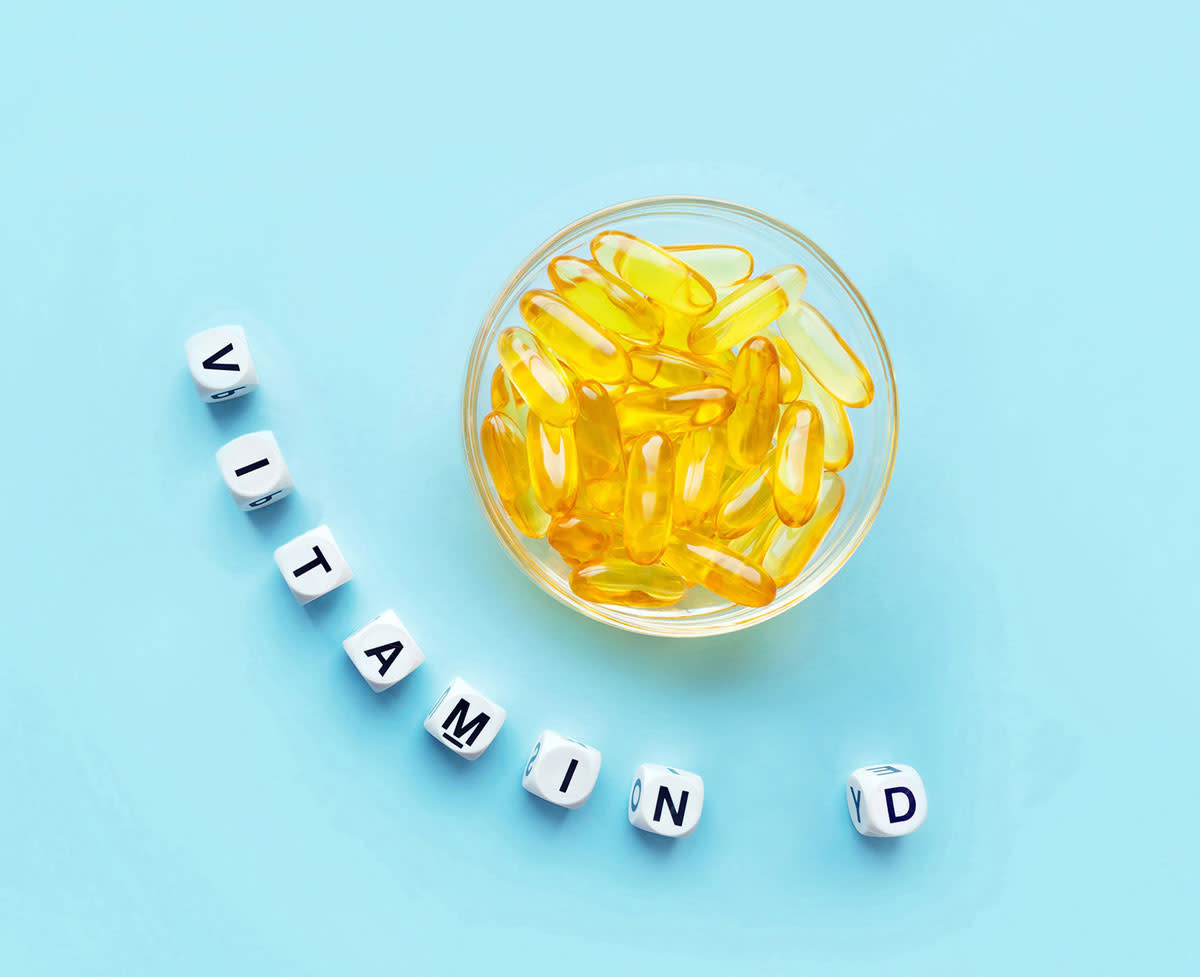What are the symptoms of muscle stiffness? And how to deal with it! What are the symptoms of muscle stiffness?
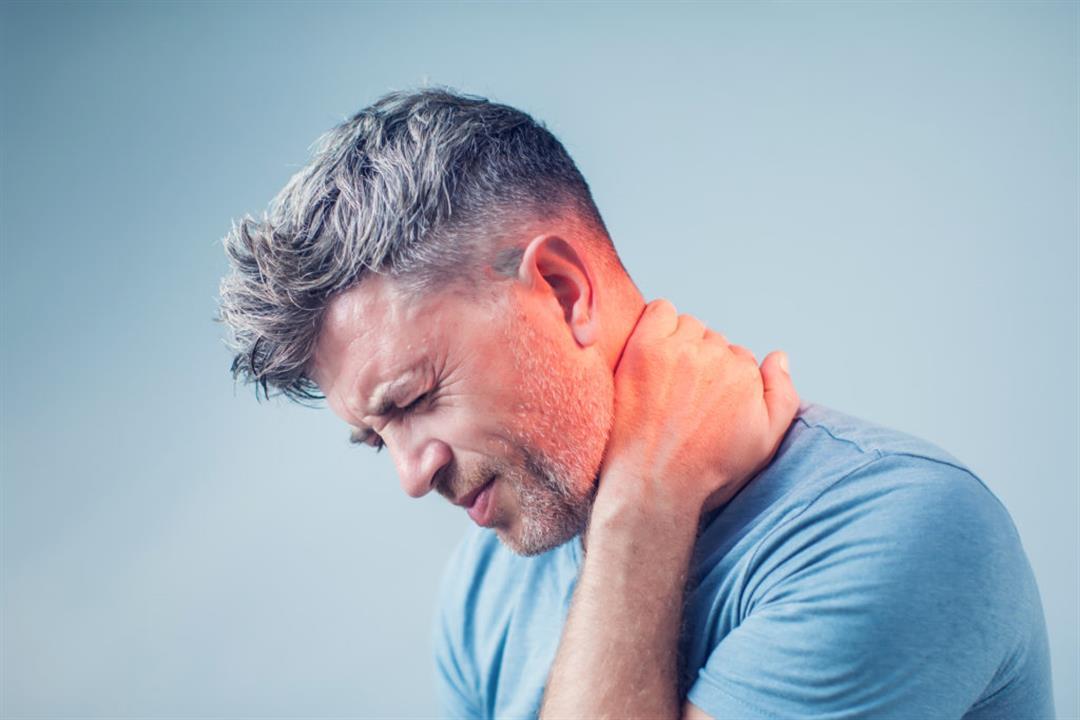 Symptoms of muscle stiffness
Symptoms of muscle stiffness
Muscle stiffness is a disorder that affects the body’s motor system, causing reduced flexibility and movement of the muscles. This disorder is sometimes known as a “complex motor disorder,” and it can have a significant impact on the quality of life of individuals suffering from it. In this article, we will explore the concept of muscle stiffness in more detail, highlighting its symptoms, causes, and available treatment options.
Concept of Muscle Stiffness:
Muscle stiffness is a disorder that affects the muscles and movement in the body. This disorder is characterized by a gradual reduction in the flexibility and the muscles’ ability to stretch and contract. Here are some key points about muscle stiffness:
Causes and Mechanisms: Muscle stiffness can result from various causes. These causes include genetic and environmental factors, neurological sclerosis, and psychological stress. These factors interfere with the muscles’ ability to stretch and contract normally. Symptoms of Muscle Stiffness: The main symptoms of muscle stiffness that individuals may experience include: Difficulty in moving and bending. Reduction in the range of motion. Muscle cramps and stiffness. Pain in the muscles. General weakness in the muscles. Diagnosis: Muscle stiffness is typically diagnosed by neurologists. Diagnosis may include clinical examinations, imaging tests, and muscle function tests.
Causes of Muscle Stiffness:
There are several potential causes for the development of muscle stiffness, including some of the following:
- Genetic Factors: A tendency towards muscle stiffness can be inherited, where there can be genetic factors that make some people more susceptible to this disorder.
- Environmental Factors: The environment can play a role in the development of muscle stiffness. For instance, suffering from repeated muscle injuries or overexertion in exercise may contribute to the development of this disorder.
- Neurological Sclerosis: Muscle stiffness may result from muscular sclerosis diseases such as amyotrophic lateral sclerosis (ALS) or multiple sclerosis (MS), where these diseases lead to damage to the nerve fibers and reduce the muscles’ ability to function properly.
Muscle stiffness is a disorder that affects the muscles and movement in the body. Understanding the causes, symptoms, and available treatment options can help improve the quality of life for individuals suffering from this disorder. If you believe you or someone you know is suffering from muscle stiffness, it is essential to consult a specialist doctor for proper assessment and treatment.
Is there a treatment for muscle stiffness?
Muscle stiffness, also known as muscle cramps or stiff muscles, is a disorder that affects the muscles, causing a loss of their flexibility and normal movement. The impact of muscle stiffness on individuals’ quality of life can be significant and may result in pain, weakness, and a reduction in the ability to perform daily activities. In this article, we will address the issue of whether there is a treatment for muscle stiffness and will explore the available options for managing and treating this disorder.
Understanding Muscle Stiffness:
Muscle stiffness is a disorder in the muscles that results in the loss of their flexibility and normal movement. Muscle stiffness can be painful and discomforting, and it affects the life quality of individuals who suffer from it. There are several potential causes for developing muscle stiffness, including genetic factors, environmental factors, and neurological diseases.
Is There a Treatment for Muscle Stiffness?
The fundamental question posed by many is whether there is a treatment for muscle stiffness? Our answer to this question depends on the type and severity of the stiffness and its causes. Let’s look at the available options for managing and treating muscle stiffness:
- Physical Therapy and Exercise:
In cases of mild to moderate muscle stiffness, physical therapy and exercise can be effective. Exercise helps improve muscle flexibility and increase strength. Physical therapy should be under the supervision of professional medical specialists.
- Medication Treatment:
Medication can be useful in managing some symptoms of muscle stiffness. This includes the use of muscle relaxants and pain relief treatments. A doctor should be consulted to prescribe the appropriate medication and determine dosages.
- Psychological Therapy:
Muscle stiffness can cause psychological stress and depression due to pain and movement limitations. Psychological therapies such as behavioral therapy and psychotherapy can help deal with these psychological aspects of the disease and improve overall well-being.
- Biological Drug Therapy:
Some severe cases of muscle stiffness may respond to biological drug therapy aimed at improving immune system function and controlling inflammation contributing to muscle stiffness. The appropriate use of these treatments should be assessed by a rheumatologist or a neurology specialist.
- Surgical Treatment:
In rare cases, surgery may be necessary to improve muscle function or to correct a muscular deformity. A qualified surgeon should decide whether this treatment is appropriate.
Muscle stiffness is a disorder that affects the muscles and movement in the body and can have a significant impact on individuals’ quality of life. The treatment for muscle stiffness depends on the type and severity of the disorder and its causes and includes diverse options such as physical therapy, medication, psychological therapy, biological drug therapy, and surgery. Treatment options need to be assessed by a qualified and specialized medical team to ensure appropriate and proper care is received.
How Long Does the Treatment for Muscle Stiffness Take?
When a person is diagnosed with muscle stiffness, one of their main questions is: How long does the treatment for muscle stiffness take? The duration of treatment depends on several factors, including the type and severity of muscle stiffness, the age and overall health of the patient, and their response to the treatment. In this article, we will address these factors and look at what patients can expect during the treatment process.
Factors Determining the Duration of Treatment for Muscle Stiffness:
- Type and Severity of Muscle Stiffness:
The types and severity of muscle stiffness vary significantly. There are mild cases that respond well to non-surgical treatments such as physical therapy and medication, with significant improvement possible within a few weeks. On the other hand, severe cases that may be chronic need a longer time for treatment and may require surgical intervention.
- Age and Overall Health:
Factors such as the patient’s age and their general health conditions have a significant impact on the length of time needed for treatment. Normally, the recovery period is quicker for younger individuals who generally have good health. However, even older patients can benefit from treatment and improve their condition.
- Patient’s Response to Treatment:
The patient’s response to treatment is another important factor affecting the length of treatment. Some people may respond quickly to treatment and achieve rapid improvement in their muscle condition, while others may need adjustments in the treatment or multiple trials to find the most effective approach.
- Treatment Options:
There are multiple treatment options available for muscle stiffness, including physical therapy, medication, psychological therapy, biological drug therapy, and surgery. The extent of treatment depends on the option chosen by the doctor in consultation with the patient based on their individual condition and response to treatment.
Expected Timeline for the Treatment of Muscle Stiffness:
- Mild to Moderate Muscle Stiffness: A patient may experience significant improvement in their condition within weeks to months, thanks to physical therapy and medication.
- Severe or Chronic Muscle Stiffness: Cases of severe or chronic muscle stiffness require longer treatment periods, which can span from months to years.
- Surgical Treatment: If the condition is very severe and does not respond to non-surgical treatments, surgery may be necessary. In this case, the recovery period may take several months.
The duration of treatment for muscle stiffness depends on several factors and varies from person to person. The main factors that affect the duration of treatment include the type and severity of stiffness, the patient’s age, their general health, and their response to treatment. It is important to consult a specialist doctor and adhere to the prescribed treatment to ensure the best possible results and improve the patient’s quality of life.
What Causes Muscle Stiffness?
Muscle stiffness is a condition characterized by a loss of muscle elasticity and the ability to stretch and contract normally. There can be several causes for this condition, and they vary according to the diseases and conditions that lead to muscle stiffness. In this article, we will explore a range of causes that can be behind muscle stiffness.
- Amyotrophic Lateral Sclerosis (ALS): Amyotrophic lateral sclerosis, also known as Lou Gehrig’s disease, is a chronic neuromuscular disorder that leads to the damage of nerve cells in the brain and spinal cord. It results in muscle stiffness and the loss of movement and muscle control.
- Multiple Sclerosis (MS): Multiple sclerosis is an autoimmune disorder that affects the central nervous system, causing damage to the protective covering of nerve fibers. This damage leads to abnormalities in nerve signals and can cause muscle stiffness and weakness.
- Muscular Dystrophy: There is a group of diseases known as muscular dystrophies, which are a group of genetic disorders that affect the muscles, causing them to deteriorate over time. Each type of these diseases can have different causes and heredity.
- Neurofibromatosis: Neurofibromatosis is a rare genetic disorder that affects nerves and neural tissues. This disorder can cause muscle stiffness as a result of the growth of nerve tissue clusters.
- Neural and Muscular Injuries: Neural or muscular injuries resulting from accidents or trauma can cause damage to nerve fibers or muscles and result in stiffness.
- Stress and Psychological Tension: Chronic stress and psychological tension can lead to temporary muscle tension and stiffness. This can occur in cases of chronic psychological stress or excessive physical strain.
- Health Negligence: Not exercising regularly and maintaining an unhealthy lifestyle can lead to muscle weakness and stiffness over time.
- Other Diseases: Some other diseases such as myositis and rare genetic disorders can also be causes of muscle stiffness.
How to deal with muscle stiffness resulting from stress?
- Stress Management: It is important to develop strategies to manage stress and psychological pressures. This includes practicing meditation, yoga, and learning deep breathing techniques.
- Physical Activity: Regular exercise can help alleviate stress and improve muscle flexibility.
- Psychotherapy: Consulting with a psychologist can be beneficial in addressing stress and psychological pressures.
- Physical Therapy and Medication: In cases of muscle stiffness resulting from chronic stress, physical therapy and medication can offer an improvement in symptoms.
There is a relationship between stress and muscle stiffness, and chronic stress can cause muscle spasms and stiffness. Therefore, it is important to effectively deal with stress and adopt appropriate treatment strategies if you suffer from muscle stiffness as a result of psychological pressures. Consult a doctor if the problem of muscle stiffness persists to obtain specialized assessment and treatment.
What is the drink that relaxes muscles?
The drink that helps in relaxing muscles is specialized sports recovery drinks that contain ingredients that help relieve muscle tension and promote muscle rest after intense physical exercise. These drinks are usually used by athletes and those who regularly engage in physical activities. In this article, we will discuss the ingredients of these drinks and how they work to relax the muscles.
Ingredients of sports drinks for muscle relaxation:
- Water: Water is the most important component in sports drinks, as it helps to avoid dehydration and control body temperature. When exercising, the body tires and loses many fluids and salts through sweat, and thus it needs to effectively compensate for this loss.
- Carbohydrates: Carbohydrates are a major source of energy during exercise. Sports drinks contain carbohydrates that help replenish the energy that muscles lose during exercise. Carbohydrates also play a role in maintaining stable blood glucose levels.
- Salts and Minerals: Sweat contains a variety of salts and minerals such as sodium, potassium, and calcium. Sports drinks need to provide these elements to compensate for the loss resulting from intense sweating.
- Vitamins and Antioxidants: Some sports drinks contain vitamins and antioxidants such as vitamin C and vitamin E. These components contribute to reducing the harmful effects of oxidation that can occur in the body during exercise.


